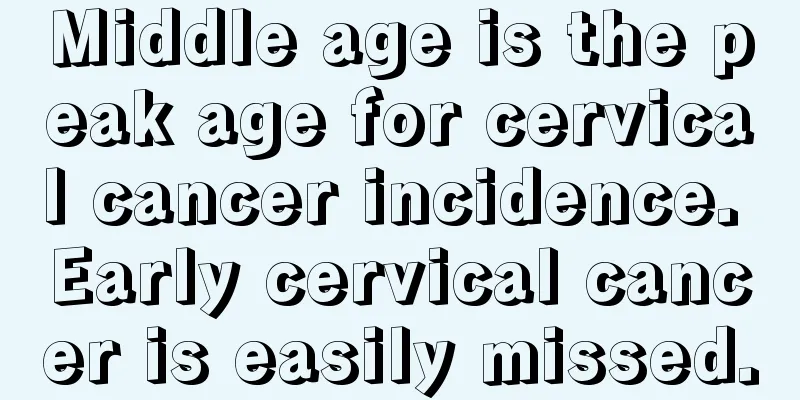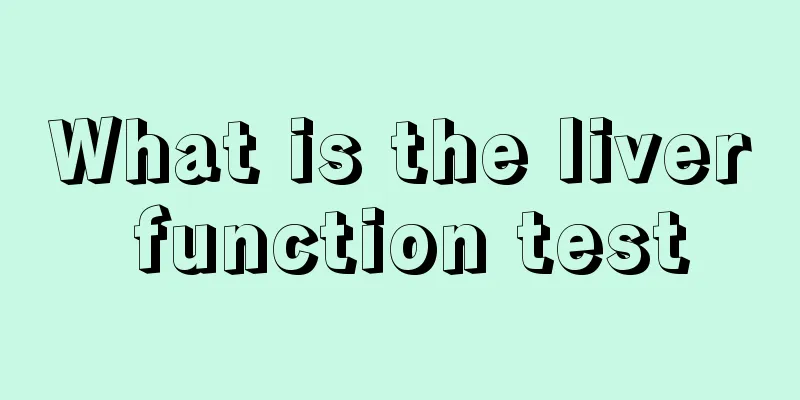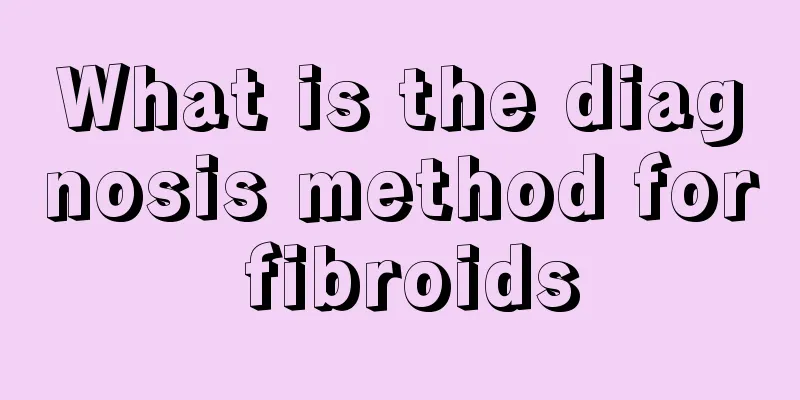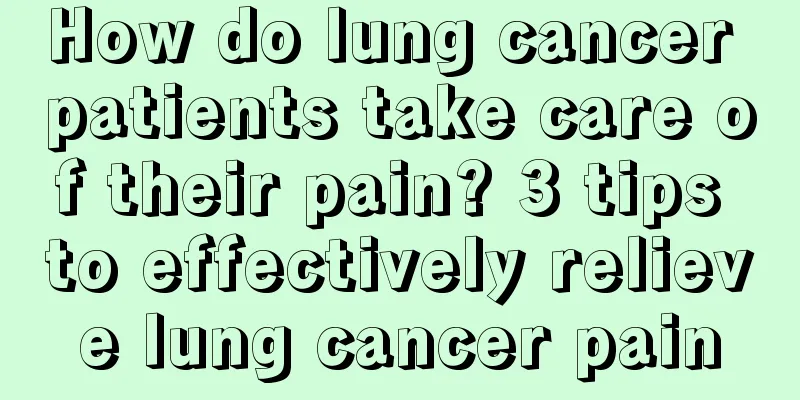Which department should I go to for dizziness

|
Many symptoms in people's bodies cannot directly reflect which part of the body has a problem, because some symptoms may be complications of other diseases and are not caused by diseases in a direct part of the body, such as dizziness. There are many reasons for dizziness. People need to know what disease causes dizziness before they can decide which department to go to. If they make a wrong judgment by accident, not only will the problem not be found, but it will also delay treatment time. 1. There are two major misunderstandings in the diagnosis and treatment of vertigo: One is the patients' misunderstanding: the hospital does not have a vertigo department, and patients register for medical treatment based on their own imagination because they feel dizzy, and the hospital cannot provide any guidance. Patients often receive symptomatic treatment but fail to treat the cause. The second is the doctors’ misunderstanding: there are very few doctors who specialize in vertigo, and doctors lack general knowledge of vertigo. Insufficient communication between disciplines is an important reason for this misunderstanding. Due to the existence of these two misunderstandings, a situation of specialized treatment and symptomatic treatment has been formed, which has seriously affected the diagnosis and treatment level of vertigo diseases. 2. Causes of recurrent vertigo: 1. Cerebrovascular disease: The most common is vertebral-basilar artery insufficiency or infarction, which reduces the blood supply to the brainstem vestibular organs and can cause vertigo. 2. Cervical spondylosis: Dizziness caused by cervical vertebrae dislocation compressing the vertebral artery, resulting in insufficient blood supply to the cerebral arteries. Dizziness often occurs when the neck is turned. 3. Cardiovascular disease: It is more common in severe arrhythmias, heart failure, hypotension, anemia, etc., which cause insufficient blood supply to the vertebral-basilar artery, and may cause dizziness or even fainting. 4. Vestibular vertigo: more common in chronic otitis media, Meniere's disease, vestibular neuronitis, acoustic nerve tumors, etc. 5. Drug-induced vertigo: It is more common in toxic reactions such as streptomycin, kanamycin, gentamicin, phenytoin sodium, and cisplatin. 6. Others: It can also be seen in chronic alcoholism, cerebral atrophy, brain stem tumors, epilepsy, multiple sclerosis, head and neck trauma, mental and psychological disorders, etc. 3. Specialization of vertigo medicine is the fundamental way to improve the level of vertigo diagnosis and treatment: To improve the diagnosis and treatment of vertigo, there must be a team of doctors who specialize in the diagnosis, treatment and research of vertigo. This team must have professional knowledge of vertigo, a high level of diagnosis and treatment, and specialized vertigo wards, and be able to provide treatment measures for patients who have difficulty in diagnosis and treatment. It is convenient for patients with vertigo to go to specialized diagnosis and treatment institutions for vertigo, changing the current situation where patients seek medical treatment blindly. Specialized vertigo diagnosis and treatment institutions have professional diagnosis and treatment capabilities, can carry out centralized treatment and etiology treatment, and can improve the diagnosis and treatment capabilities of vertigo. |
<<: How do you get stomach problems
>>: I feel dizzy as soon as I lie down
Recommend
How to use a teeth washer?
Many people do not pay attention to the cleaning ...
Is the recurrence rate of kidney cancer high?
Is the recurrence rate of kidney cancer high? The...
Chest pain when sleeping on the left side
Everyone has their own habitual sleeping position...
What is dopamine secreted by exercise?
Exercise is an activity that people pay more atte...
The effect of alcohol compress
Alcohol, also known as ethanol in industry, is a ...
How long can an elderly person live with uterine cancer
The cervix is connected to the uterus at the to...
Pregnant women with lymphoma can still give birth to children
In March this year, 28-year-old Xiao Min found th...
What is the cause of hamartoma
Hamartoma is a benign tumor caused by a variety o...
Is soaking deer penis in wine effective in treating impotence?
The problem of impotence makes many men suffer, a...
Don’t put soy milk in a thermos cup. Things to note when drinking soy milk
The weather is cold and everyone has started usin...
What is the cost of mid-term treatment for breast cancer?
For early and middle stage breast cancer, if the ...
A small number of patients may develop high fever, an early symptom of liver cancer
At present, the early symptoms of liver cancer ha...
What foods should not be eaten if you have nasopharyngeal cancer?
What foods should you not eat if you have nasopha...
What fruit goes well with avocado
When you eat fruit, you may think that after eati...
What do cancer cells eat
1. Sugar is a cancer-causing food. If you don'...









